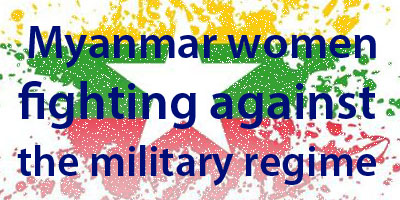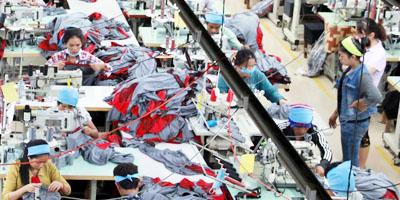The creation of the Canadian Parliamentary Coalition for Combating Anti-Semitism (CPCCA) in 2009 sparked debate over the meaning and implications of the “new anti-Semitism.” Critics wonder where the line will be drawn between legitimate criticism of Israel and anti-Semitism. The coalition was formed to confront and combat anti-Semitism in Canada. According to the CPCCA “new anti-Semitism” is exemplified by individuals and governments who call for the destruction of the State of Israel and its inhabitants.
The Canadian Jewish Congress (CJC) is among organizations that support the CPCCA. In its submission to the committee they wrote that “anti-Semitism may now no longer speak of a goal to make a country cleansed of Jews but instead it may aim for a world that is cleansed of a Jewish State.”
Independent Jewish Voices (IPV), on the other hand, regards the views endorsed by CPCCA and its supporters as problematic because they conflate anti-Semitism with anti-Israeli sentiment.
“The Jewish right has a very warped definition of new anti-Semitism,” IPV member Scott Weinstein said. “It claims that pro-Palestinian human rights activists and people who criticize Israel for abuses of Palestinians are, ipso facto, the new anti-Semites.”
Weinstein is concerned that, in the long term, actions of the CPCCA will translate into a climate that will ultimately diminish freedom of speech.
“I think their intention is to fertilize the grounds for the various governments in provincial and federal states to then incorporate this definition of new anti-Semitism in various laws.”
The CJC claims that while not all criticism of Israel is anti-Semitic, delegitimizing, demonizing, and calling Israel an apartheid or a Nazi state crosses the line between criticism of Israel and anti-Semitism.
“There is no attempt to diminish freedom of speech here and there is no attempt to criminalize criticism of Israel,” Vernon said. “Instead, you can take the criticism of Israel only up to a certain point, which then carries over into unprotected speech.”
Vernon claims that the intentions of the CPCCA are important for combating anti-Semitism as well as other forms of discrimination in Canada.
“We see this not only as important for combating this particular manifestation of hate but as a template to combat other social pathologies. We see this as being a benefit to all Canadians who agree that Canada should be a racism-free zone.”
Weinstein predicted that the creation of a coalition to combat new anti-Semitism will ultimately result in real anti-Semitism.
“New anti-Semitism separates Jews from other people,” he said. “Fanaticism for Israel is promoting anti-Semitism because it shows the world that Jews have a standard that no one else has.”
The committee has independently reviewed evidence, heard witnesses, and attended briefings from a variety of sources. Mario Silva, Liberal MP for Davenport in Ontario and chair of the CPCCA said that they hope to release report based on its findings and present it to the Government of Canada for a response by September.
The Interparliamentary Committee for Combating Anti-Semitism
In February 2009, international parliamentarians attending the Interparliamentary Committee for Combating Anti-Semitism endorsed “The London Declaration for Combating Antisemitism,” calling on governments around the world to recognize and address the problem of anti-Semitism, especially its manifestations in the media and academia.
Under the leadership of Citizenship and Immigration Minister Jason Kenney, and International Steering Committee Chair Professor Irwin Cotler, a delegation of eleven Canadian Members of Parliament attended the conference in London. They returned with the desire to form a Canadian coalition to fight antisemitism here. The CPCCA was formed in 2009 and brought together 21 MPs from all Canadian parties.
In March 2010, the Bloc Québécois withdrew its two MPs, Luc Desnoyer and Ève-Mary Thaï Thi Lac, from the committee, claiming that there was an inequality of opinions being presented.






